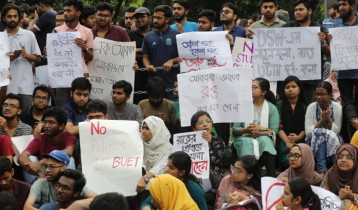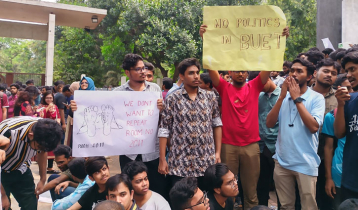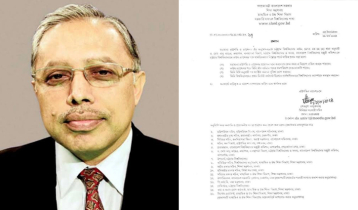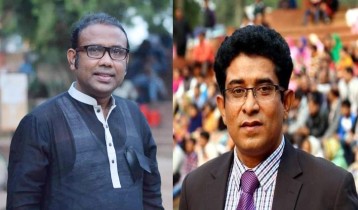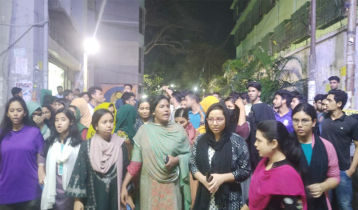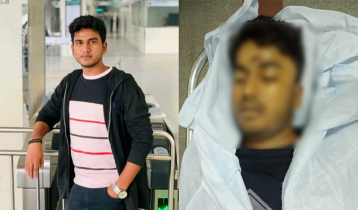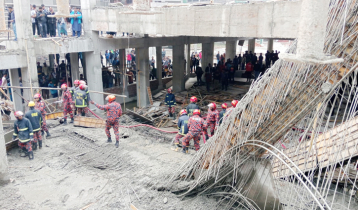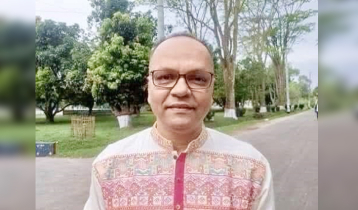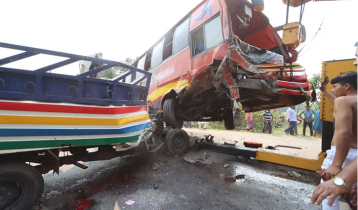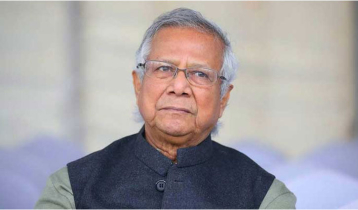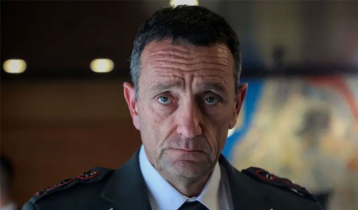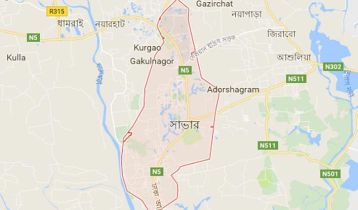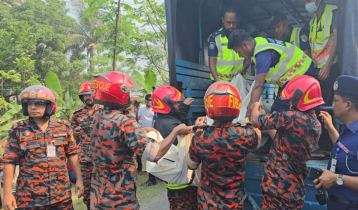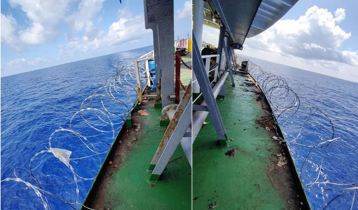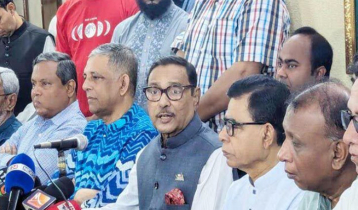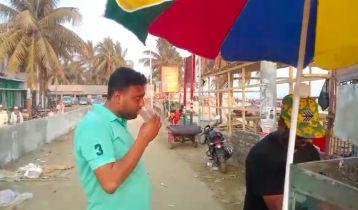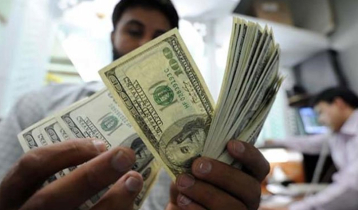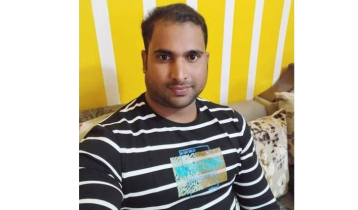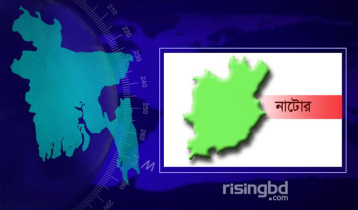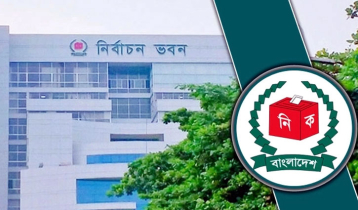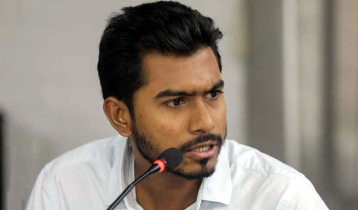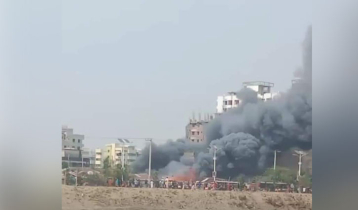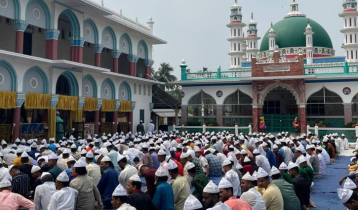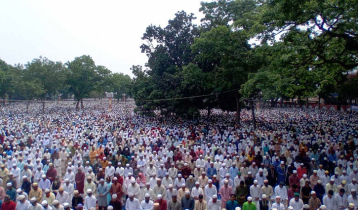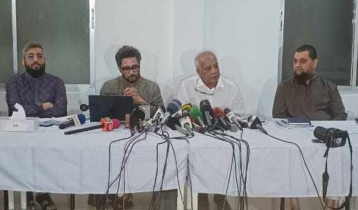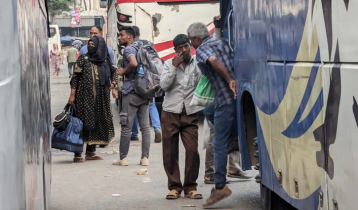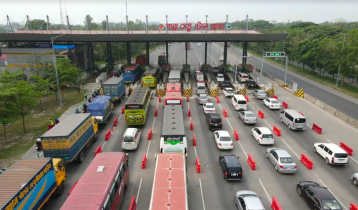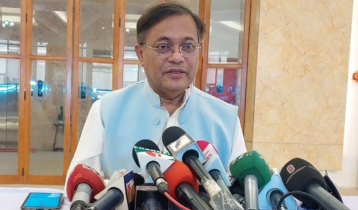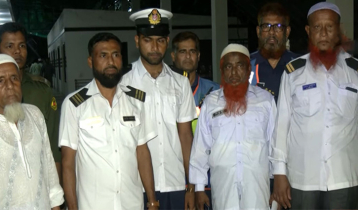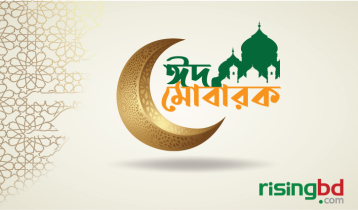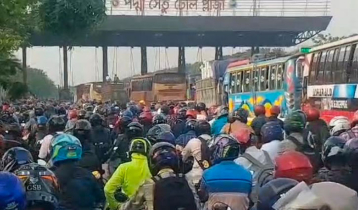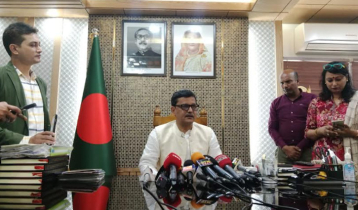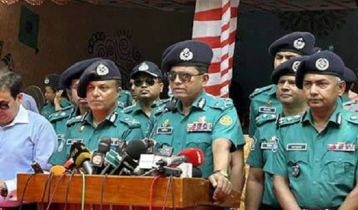Media trial weakens the assumption of innocence
Barrister Zahid Rahman || risingbd.com
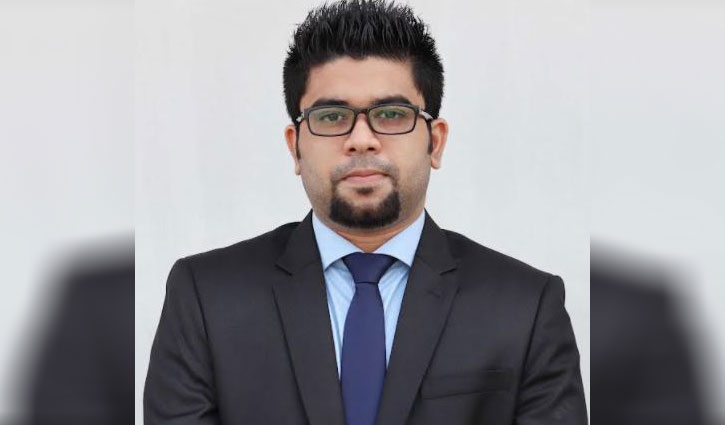
Under Article 39 of Bangladesh's Constitution, both the right to fair trial and freedom of the press is guaranteed. As a democratic country, Bangladesh is legally obliged to ensure freedom of expression as a fundamental right.
On the contrary, the right to a fair trial is a key point of criminal law in Bangladesh which is often violated due to the abuse of media freedom. People are easily influenced and that is when we use media coverage in certain sensational cases. There is no doubt about the influence of the media in influencing the judgment of the judiciary.
The Court will not convict an accused of a crime until he is found guilty. The prosecution has an obligation to prove, that is, to prove the accused as guilty and under the duty to prove it beyond reasonable doubt.
If a nominal suspicion is raised by the defense with sufficient evidence, the accused is entitled to be released. Although recently, people usually blame the accused on the basis of news coverage.
Unfortunately, our inquisitive media has bypassed the proper process and taken it upon itself to give an unexpected verdict. If an accused is proven innocent, the impact of an unjust media path makes their lives more difficult.
Despite that, thousands of people seek justice by posting or writing on social media sites and unknowingly blaming the accused or victim. This common incident could be called one kind of media trial.
For the time being, one of the leading and most influential media is social media. Newspapers and TV channels use social media as a major medium for their news coverage. Due to modernity, the use of the internet and social media has grown swiftly.
The media is now introducing itself as a public court (Janatar Adalat) and has begun to interfere in the activities of the court. Especially in the case of sexual harassment, from misleading headline writing to inappropriate word selection, online news portals use very appealing headlines of the news to persuading others to read and spread the news.
Frequently we see the media commenting on a pending trial, those headlines frequently help create public opinion on the accused, victim, or judgments but in many cases, people get incorrect inappropriate messages, and surprisingly, we accept this contempt of law as an acceptable practice, we take these derogations of law as acceptable practices. Presumably, it is merely immoral or heinous journalism.
In Bangladesh, media trials are increasing at an unusual scale every day, resulting in human rights violations. Law enforcement agencies often goes to the media to expose the accused. There are allegations that the police forcibly handed over the accused to make a confessional statement in front of the media personnel.
In order to show that the police are capable of apprehending the accused, the fundamental rights of the accused in the criminal case are thus crucified. The effect of such a trial in a pending case is to disrupt the process of ensuring justice as well as to violate the right to a fair trial.
Although media activism plays an important role to accomplish a fair trial, sometimes biased interventions can adversely affect the administration of justice. The media became so powerful that it can turn black into white overnight. The friction between the right to a fair trial and the right to free media, excessive media coverage has resulted in questioning the judges' ability to determine and administer justice.
Neutral and highly enthusiastic media must distinguish between the freedom of the press and the broad latitude of the effort to gain more readers.
In Bangladesh where the magistrates are the presiding judges in the first instances, criminal courts have a tendency to get media coverage. For example, a magistrate, influenced by media coverage and unreasonable media publications, may refuse to grant bail to the accused and thus impede the proper trial of the criminal case.
Some kinds of restrictions should be applied in the media. For example, the media should abstain from revealing the identities of victims of sexual offenses, as well as juvenile offenders.
The High Court Division of the Supreme Court of Bangladesh states, "It is a criminal offense to disclose the identity, address or picture of a child arrested, detained, accused or named as a witness in a case pending before a juvenile court."
Though the media needs to play a responsible role, especially in reporting any sexual offenses that could be extremely sensitive and deadly to the accused in Bangladesh. But there is no doubt that the media has some indisputable and liable role.
Responsible and accurate reporting is required so that no one gives false information about the arrested or accused persons. Wish that the media trial would not expel any person from society.
Dhaka/Mahfuz

